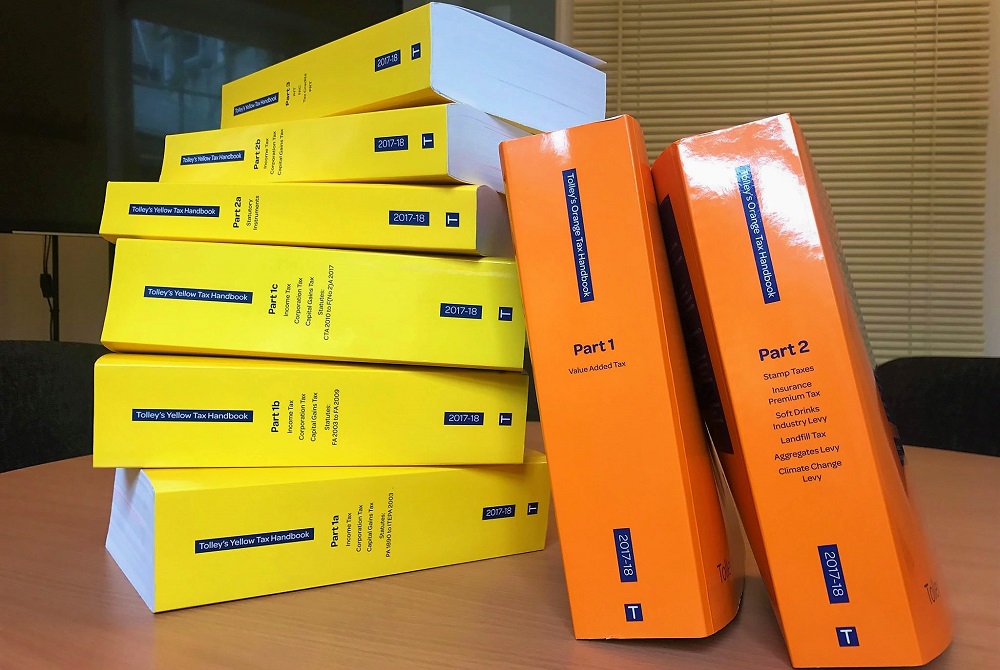
6 things you (probably) didn’t know about tax!
So, you think you know a lot about tax…? Or maybe not. Either way, here are six tax facts we’ve put together that you may not know and could be useful! If you have any other tax related queries, please get in touch so we can help!
-Resident Scottish tax rates
Scottish income tax is only payable by Scottish taxpayers. That means, for example, if you are non-UK resident, but you own a rental property in Scotland, any income tax payable on the profit of your Scottish rental business is taxable using UK tax rates and bands i.e. non-Scottish resident = UK tax rates, Scottish resident = Scottish tax rates.
-x4 max gift aid
To claim gift aid on donations to charity you need to pay the same amount or more in tax to HMRC as the charity will reclaim. i.e. the maximum net gift you can receive tax relief on is four times the tax you paid. If you give £80 to charity, the charity claims back a further £20 from HMRC. The maximum net gift is 4 times tax paid (20 x 4 = 80).
-Carry back gift aid paid up to 31/01
If you look back at your 2017/18 tax position and find that you have either gone into higher rates without realising, you have earned over £50,000 and will receive a child benefit tax charge, or your income is over £100,000 and your personal allowance is reduced, all is not lost! If you haven’t submitted tax return for 17/18, you can make a Gift Aid payment to a charity close to your heart and carry it back to reduce your taxable income in 17/18, even though the payment was made in the current tax year. The conditions are that the Gift Aid payment is made by 31/01/2019 (current year) and you have not already submitted your tax return for 2017/18 (previous year).
For more information on tax relief on gifts to charity, check out our blog here. If your looking for a charity to donate to, why not check out our fundraising page here! 😉
-Child benefit and state pension credits
In certain situations, it is beneficial to continue to claim child benefit, even if your income is over £50,000 and you have to pay the benefit back through a child benefit tax charge. An example of when this would be beneficial is if you are a parent who has taken time out of work to bring up your children, and your partner is working and earning over £50,000. In this situation, if you do not continue to claim child benefit, you will not receive your state pension credit. You can log into your personal tax account and it will show which years you have full years credit for.
-Scottish tax relief on pension payments
New income rates and bands were introduced in Scotland as of April 2018. This has brought additional complications, one of these being tax relief on pension contributions. All UK tax payers automatically receive 20% tax relief on pension contributions. However, intermediate rate tax payers in Scotland are entitled to 21% tax relief. Unlike the other 20% relief, the extra 1% tax relief will need be claimed back from HMRC by the taxpayer themselves, as this does not happen automatically. If you are a Scottish intermediate rate tax payer, the best way to go about claiming the other 1% back is through your Self-Assessment tax return, or by contacting HMRC if you do not complete one.
-Tax efficient benefits
If you are the director of a company with employees, there are certain benefits you can provide your employees with which are non-taxable. An example of this is companies can pay for employee private health checks without paying tax. Click here for a comprehensive list of employee benefits!
Got any questions?
Those were just a few interesting tax facts! If there is anything specific you would like to ask, or perhaps you need some help or more information about something we’ve covered here, just let us know. Rosslyn Associates are Chartered Tax Advisers with over 30 years of experience. If you have any tax issues, or questions you would like to ask an experienced professional, you’ve come to the right place. Just give us a call on 0131 445 1825 or email info@rosslynassociates.co.uk and we will be happy to help.





